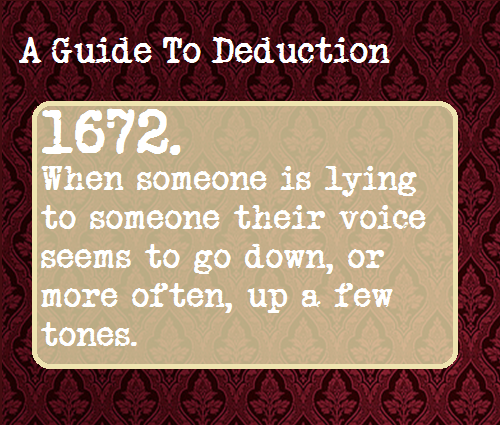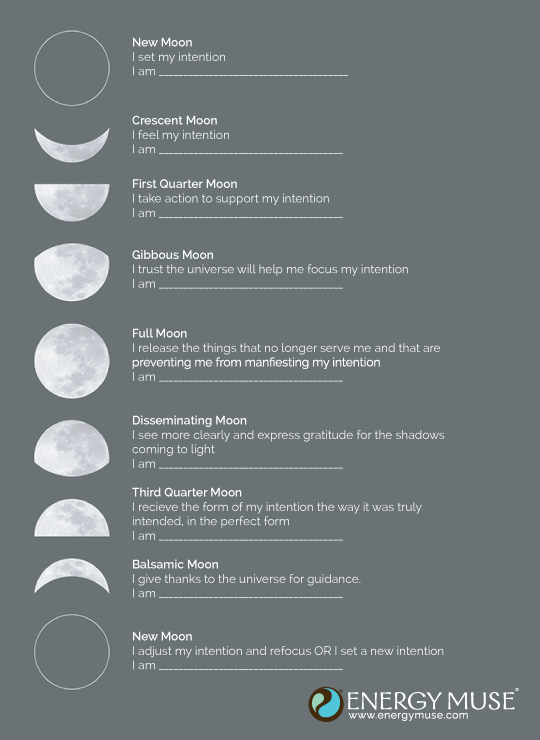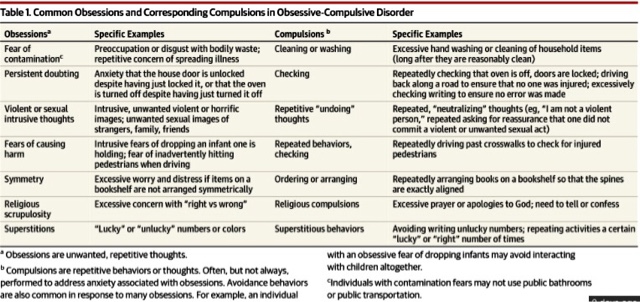Why do people habitually lie
Traits, Mental Health, and More
Occasional dishonesty is natural. But when does lying become a problem? And what makes lying compulsive or pathological?
From little white lies to deliberate omissions, lying can take many forms.
Most people sometimes cover up the truth to protect themselves or another person. But dishonesty can become a serious problem in relationships — especially when it’s frequent or without a clear reason.
It can be frustrating to deal with someone who often hides the truth, and broken bonds of trust can be hard to rebuild. Understanding the different types of lying, and the reasons why people do it, can help you work out the next steps in your relationships.
Most people tell lies occasionally. There are many reasons people might lie, such as:
- avoiding offending someone they care about
- protecting themselves from a perceived threat
- feelings of shame or guilt
- avoiding conflict or negative emotions
- acting out of impulse
- making themselves look better
- avoiding punishment
- creating justifications
Someone who lies compulsively or pathologically will lie very often and out of habit, despite not having a good reason for being dishonest.
They may be dishonest about many things, including seemingly unimportant things. It may bring them comfort and security to make things up. These levels of dishonesty can lead to dangerous situations and interfere with the well-being of friends and family.
The term “pathological lying” is often used interchangeably with “compulsive lying,” and there’s no clear clinical difference between the terms. The research suggests that compulsive lying falls under the broader definition of pathological lying, rather than being its own separate phenomenon.
Pathological lying was originally called “pseudologia phantastica,” a term coined by psychiatrist Anton Delbrück in 1891 to describe people who told so many outrageous lies that the behavior was considered to be caused by a mental health condition.
Pathological lying is when someone lies frequently such that it impairs their social, work, financial, or legal functioning. Those who lie pathologically may experience distress because of their lies, and they might have a fear of someone discovering their lies.
Pathological lies represent a trait rather than an impulse. The person may believe that they can’t control their lying behavior. This lying often occurs long-term and can pose a risk to the person and those around them.
Pathological lying is a sign of some mental health conditions, especially personality disorders.
People with certain conditions — including narcissistic personality disorder and antisocial personality disorder — tend to act in manipulative or deceitful ways regardless of the consequences and upset it might cause.
Lying can be a symptom of some mental health conditions according to a 2021 review, including borderline personality disorder and antisocial personality disorder.
People with obsessive-compulsive disorder (OCD) may lie to mask compulsions or stop friends and family from worrying about their behaviors. They might think their friends and loved ones won’t understand, so they aren’t always honest about their experiences.
Those with other mental health conditions may lie to cover up their symptoms or habits, such as people with substance use disorder or impulse control disorders. They may develop elaborate lies to mask their symptoms, particularly when the symptoms are stigmatized in society.
They may develop elaborate lies to mask their symptoms, particularly when the symptoms are stigmatized in society.
It is important to note that while lying can be a symptom of mental health disorders, it isn’t always the case. Additionally, when lying is associated with conditions, it’s not always pathological. More research is needed in this area to determine the association.
Research indicates pathological lying can occur because of low self-esteem and a false sense of self. People who lie pathologically may want others to view them positively, making things up to make them look better. Their desire to create a false sense of self could indicate that they are unhappy with themselves.
It’s not always easy to tell if someone lies, so you can’t always count on warning signs to enlighten you. Experts have researched the situation, hoping to determine if perceived signs of lying are accurate.
Researchers observed and performed studies to determine if specific signs indicate someone is lying.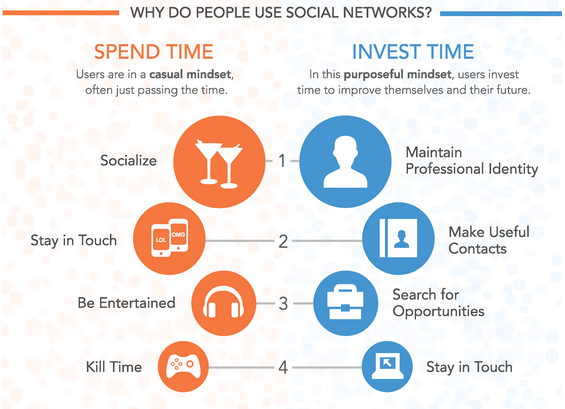 They looked into things like:
They looked into things like:
- hesitations
- speech disturbances
- changes in voice pitch or speed
- filling natural pauses
Their results proved inconclusive, as they showed that it wasn’t possible to accurately confirm the signs of lying. Without further research, assessing behavior this way isn’t a good idea. It could lead to misinterpretation, potentially harming the relationship.
Getting the person into treatment can be problematic. The person may not want to admit they have a problem, meaning they don’t enter into treatment.
If a person experiences dishonesty as a symptom of a mental health condition, receiving treatment can help improve their well-being and relationships. It can also help their friends and loved ones.
Psychiatrists use the Diagnostic and Statistical Manual of Mental Disorders (DSM-5) to diagnose disorders. Pathological and compulsive lying aren’t listed as a disorder, and therefore have no formal treatment protocol.
Psychotherapy or counseling can help the person understand how their lying impacts others. It may help them find ways to rely less on dishonesty and rebuild broken trust, therefore strengthening their relationships.
Research shows that the following types of therapy can also help:
- cognitive behavioral therapy (CBT)
- dialectical behavioral therapy
- behavioral therapy
- acceptance and commitment therapy
- emotion-focused therapy
- motivational interviewing
Family support and support groups may also help.
If you live with compulsive or pathological lying habits or know someone who does, it can help to talk with a professional.
If a mental health condition contributes to lying, mental health support will help with other parts of life, too. These conditions affect a person’s well-being, so being diagnosed and starting treatment is important.
Looking for a therapist, but not sure where to start? Psych Central’s How to Find Mental Health Support resource can help.
How to Cope with Someone’s Compulsive Lies
Pathological lying
Pathological lying, also known as mythomania and pseudologia fantastica, is the chronic behavior of compulsive or habitual lying.
Unlike telling the occasional white lie to avoid hurting someone’s feelings or getting in trouble, a pathological liar seems to lie for no apparent reason. This can make it frustrating or hard to know what to do if you believe you’ve met one.
Though pathological lying has been recognized for more than a century, there’s not yet a clear universal definition of the condition.
Some pathological lying may result from a mental condition, such as antisocial personality disorder (sometimes called sociopathy), while others appear to have no medical reason for the behavior.
A pathological liar is someone who lies compulsively. While there appears to be many possible causes for pathological lying, it’s not yet entirely understood why someone would lie this way.
Some lies seem to be told in order to make the pathological liar appear the hero, or to gain acceptance or sympathy, while there’s seemingly nothing to be gained from other lies.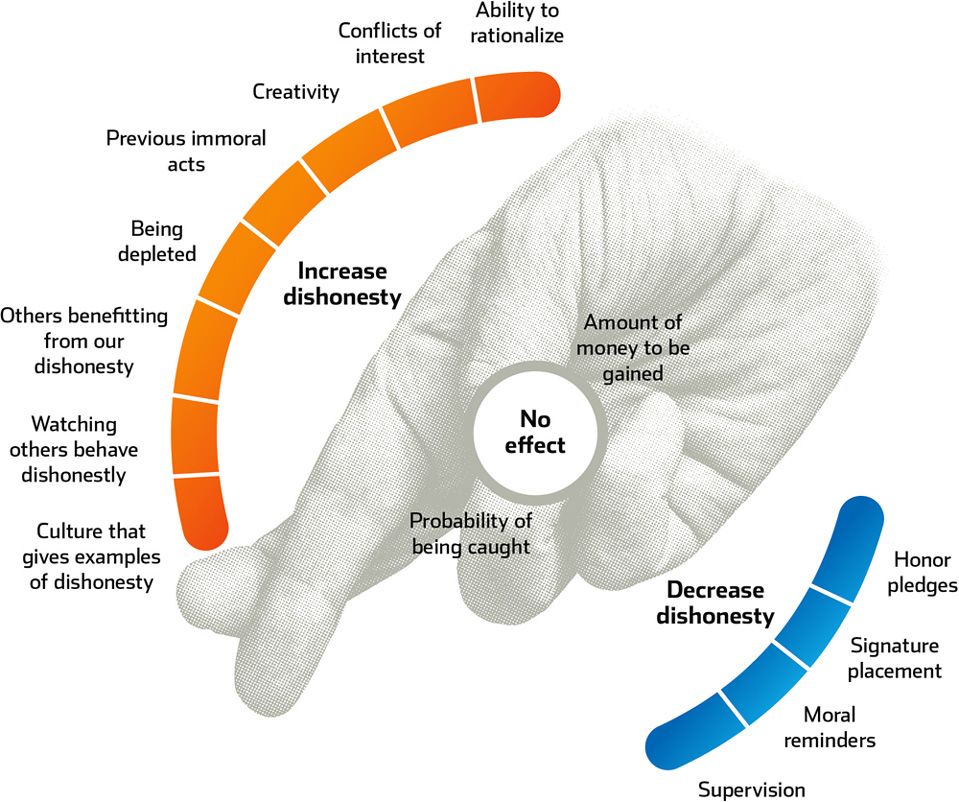
Some evidence from 2007 suggests that issues affecting the central nervous system may predispose someone to pathological lying.
Compulsive lying is also a known trait of some personality disorders, such as antisocial personality disorder. Trauma or head injuries may also play a role in pathological lying, along with an abnormality in hormone-cortisol ratio.
A 2016 study of what happens in the brain when you lie found that the more untruths a person tells, the easier and more frequent lying becomes. The results also indicated that self-interest seems to fuel dishonesty.
Though the study didn’t specifically look at pathological lying, it may give some insight into why pathological liars lie as much and as easily as they do.
The following are some of the scientifically recognized traits and characteristics of pathological liars.
Their lies seem to have no clear benefit
While a person might lie to avoid an uncomfortable situation, such as embarrassment or getting in trouble, a pathological liar tells lies or stories that don’t have an objective benefit.
Friends and family can find this especially frustrating because the person lying doesn’t stand to gain anything from their lies.
The stories they tell are usually dramatic, complicated, and detailed
Pathological liars are great storytellers. Their lies tend to be very detailed and colorful.
Even though obviously over-the-top, the pathological liar may be very convincing.
They usually portray themselves as the hero or victim
Along with being made the hero or victim in their stories, pathological liars tend to tell lies that seem to be geared at gaining admiration, sympathy, or acceptance by others.
They sometimes seem to believe the lies they tell
A pathological liar tells lies and stories that fall somewhere between conscious lying and delusion. They sometimes believe their own lies.
It’s difficult to know how to deal with a pathological liar who may not always be conscious of their lying. Some do it so often that experts believe they may not know the difference between fact and fiction after some time.
Pathological liars also tend to be natural performers. They’re eloquent and know how to engage with others when speaking. They’re creative and original, and quick thinkers who don’t usually show common signs of lying, such as long pauses or avoidance of eye contact.
When asked questions, they may speak a lot without ever being specific or answering the question.
Most people lie at one time or another. Previous research has suggested that we tell an average of 1.65 lies every day. Most of these lies are what are considered “white lies.”
Pathological lies, on the other hand, are told consistently and habitually. They tend to appear pointless and often continuous.
White lies
White lies are occasional and considered:
- small fibs
- harmless
- without malicious intent
- told to spare another’s feelings or avoid getting in trouble
Some examples of white lies include:
- saying you have a headache to get out of attending a meeting
- saying you’ve paid the phone bill when you forgot to pay it
- lying about why you were late for work
Pathological lies
Pathological lies are:
- told frequently and compulsively
- told for no apparent reason or gain
- continuous
- told to make the teller appear heroic or the victim
- not deterred by guilt or risk of getting found out
Examples of pathological lying:
- creating a false history, such as saying they’ve achieved or experienced something they haven’t
- claiming to have a life-threatening illness that they don’t have
- telling lies to impress others, such as saying they’re related to a famous person
Identifying a pathological liar isn’t always easy. While it may be human nature to be suspicious of anything that appears “too good to be true,” not all lies told by pathological liars are over-the-top.
While it may be human nature to be suspicious of anything that appears “too good to be true,” not all lies told by pathological liars are over-the-top.
They also tell “regular” lies that someone without a compulsion to lie might tell.
The following are some signs that may help you identify a pathological liar:
- they often talk about experiences and accomplishments in which they appear heroic
- they’re also the victim in many of their stories, often looking for sympathy
- their stories tend to be elaborate and very detailed
- they respond elaborately and quickly to questions, but the responses are usually vague and don’t provide an answer to the question
- they may have different versions of the same story, which stems from forgetting previous details
Knowing a pathological liar can be deeply frustrating because the lying appears to be pointless.
It can test the trust in any relationship and make it hard to even have a simple conversation with the person.
Here are a few pointers to help you handle a conversation with a pathological liar:
Don’t lose your temper
As frustrating as it may be, it’s important not to let your anger get the better of you when confronting a pathological liar. Be supportive and kind, but firm.
Expect denial
Someone who pathologically lies may have the tendency to first respond with a lie. If you confront them about their lying, chances are that they’ll deny it.
They may become enraged and express shock at the accusation.
Remember that it’s not about you
It’s hard not to take being lied to personally, but pathological lying isn’t about you. The person may be driven by an underlying personality disorder, anxiety, or low self-esteem.
Be supportive
When talking to the person about their lies, remind them that they don’t need to try to impress you. Let them know that you value them for who they really are.
Don’t engage them
When you notice the person lying, don’t engage them. You can question what they’re saying, which may encourage them to stop the lie at that point.
You can also let them know that you don’t want to continue the conversation when they’re being dishonest.
Suggest medical help
Without judgment or shaming, suggest that they consider professional help and let them know your suggestion comes from genuine concern for their well-being.
Be prepared with information about pathological lying, such as a printout of an article or a pamphlet that they can read when they’re ready. Expressing that you’re concerned that their behavior may result from an underlying medical condition may also help.
A pathological liar is an excellent storyteller and performer. They know how to captivate their audience by telling elaborate and fantastic stories while being very animated.
Along with knowing how to weave and express a detailed story, people are also fascinated by what drives a person to lie.
It’s natural to want to know why they’re lying, especially when there doesn’t seem to be an apparent reason for their lies.
Diagnosing a pathological liar can be difficult because of the many possible causes of the behavior. Speaking with the person and conducting a medical history and interview isn’t usually enough to make a diagnosis because of the person’s tendency to lie.
An important part of diagnosing a pathological liar is determining if they recognize that they’re lying or believe the lies they tell.
Some professionals use a polygraph, also known as a lie detector test. The test isn’t to catch them in a lie, but to see how well or often they “beat” the polygraph as this suggests that they believe their lies or have become good at using other measures to convince others of their lies.
Some professionals also interview family members and friends when diagnosing a pathological liar.
Treatment will depend on whether or not the pathological lying is a symptom of an underlying psychiatric condition.
Treatment would include psychotherapy and may also include medication for other issues that might be fueling the behavior, such as drugs used to treat anxiety or depression.
How to empathize and cope with a pathological liar comes down to an understanding of what may be causing this person to lie while being supportive.
It’s likely that the lying is a symptom of another issue that can be treated. Encourage them to get the help they need.
Why do people lie?
The habit of “twisting” is rooted in childhood. From a year to two, the little one does not know how to lie, since he still cannot generalize information. From the age of two, imagination, cause-and-effect relationships are already beginning to actively develop, and creativity helps to invent different stories and plots. Such fantasies are the norm. But not always children lie due to temperament.
The child resorts to a distortion of what happened in order to avoid punishment, to defend himself, to demonstrate resentment (anger). The reason for children's fables may be the fear of telling the truth or the desire to achieve the goal, using it as manipulation. Both situations indicate a violation of the baby's sense of security and trust in the world. As they grow older, this "art" is honed, acquiring significantly sophisticated forms.
The reason for children's fables may be the fear of telling the truth or the desire to achieve the goal, using it as manipulation. Both situations indicate a violation of the baby's sense of security and trust in the world. As they grow older, this "art" is honed, acquiring significantly sophisticated forms.
Causes of “normal” and pathological lies.
The first is always followed by a clear desire, for example, to avoid a quarrel - the goal is clear, the decision made, even if not the best, looks logical.
Pathological lying occurs in mental retardation, schizophrenia and personality disorders - narcissistic, borderline and antisocial. So, in an alcoholic, it turns into fantastic stories about what cars he drives, what salary he receives, what women he meets, where he rests. This is a way to rehabilitate yourself in society.
People with a narcissistic personality structure may mix truth with lies and report facts about themselves that seem to be easy to verify, but behind each of them lies a lie. For them, lying is an art, which is expressed in lawsuits, complaints, anonymous letters. Such individuals tend to keep silent or deliberately keep silent, to say exactly what and as much as necessary - just to create a certain picture of the world. In such cases, one fantasy covers another. They are able to distort the truth so much that they turn it into a lie. Taking some real fact into service, presenting it in such a way that it will look completely different.
For them, lying is an art, which is expressed in lawsuits, complaints, anonymous letters. Such individuals tend to keep silent or deliberately keep silent, to say exactly what and as much as necessary - just to create a certain picture of the world. In such cases, one fantasy covers another. They are able to distort the truth so much that they turn it into a lie. Taking some real fact into service, presenting it in such a way that it will look completely different.
Experienced deceivers are not able to control their fantasies, they really do not have the goal of deceiving, they do it out of habit.
Lies as a way of social adaptation.
It is formed in childhood as a result of early object relations, when the mother does not accept the child as he is, when reality is punished. A woman can ignore the truth or blame for it, be offended and manipulate. What is not accepted by the mother forms a reflex in the child, which is assimilated as follows: “I am not needed the way I am. ” And the kid learns to survive with the help of lies and receive all sorts of benefits and benefits. Often such children in adulthood become pathological liars, they resort to this even where it would be possible to tell the truth: for example, the head of the family promises to return earlier from work, knowing in advance that he will be late.
” And the kid learns to survive with the help of lies and receive all sorts of benefits and benefits. Often such children in adulthood become pathological liars, they resort to this even where it would be possible to tell the truth: for example, the head of the family promises to return earlier from work, knowing in advance that he will be late.
Such a dreamer usually believes everything he says. The saying: "lies and does not blush" - just about it. "Munchausen" is in agreement with itself and lies primarily to itself.
Such storytellers, as a rule, are charismatic, charming personalities, with a well-delivered speech, a suspended tongue. In order to get (attract) attention and please, they gladly indulge in empty promises, even when they are not going to keep them.
Lies are a way to satisfy inner needs for a sense of security and control over life.
Behind the flow of fables there may be an unhealed wound, a desire to be understood, to be oneself, to make independent decisions. Unmet basic emotional needs can lead to cult, drug addiction, obsessive-compulsive disorder, depression, anxiety. Just as one cannot forbid the human body to sleep, eat, go to the toilet, one cannot ignore the desire to be oneself, to feel safe, to build one's life. In fact, the more we track the actions of our loved ones: husband, wife, child, the more they lie to us. In this situation, it is a way to gain security and control over life.
Unmet basic emotional needs can lead to cult, drug addiction, obsessive-compulsive disorder, depression, anxiety. Just as one cannot forbid the human body to sleep, eat, go to the toilet, one cannot ignore the desire to be oneself, to feel safe, to build one's life. In fact, the more we track the actions of our loved ones: husband, wife, child, the more they lie to us. In this situation, it is a way to gain security and control over life.
If a person from the outside goes into all serious fantasies, this may indicate that he is worried and thus tries to embellish himself, secure himself, “lead” the situation.
Psychologist of the Moscow Psychological Service Daria Krut
Journal “Psychology for Life”, No. 4, 2020
Politeness, fear, protection: why people lie
All people tell lies from time to time, and the majority continues to count themselves as honest people. We understand why people lie and why we learn this from childhood.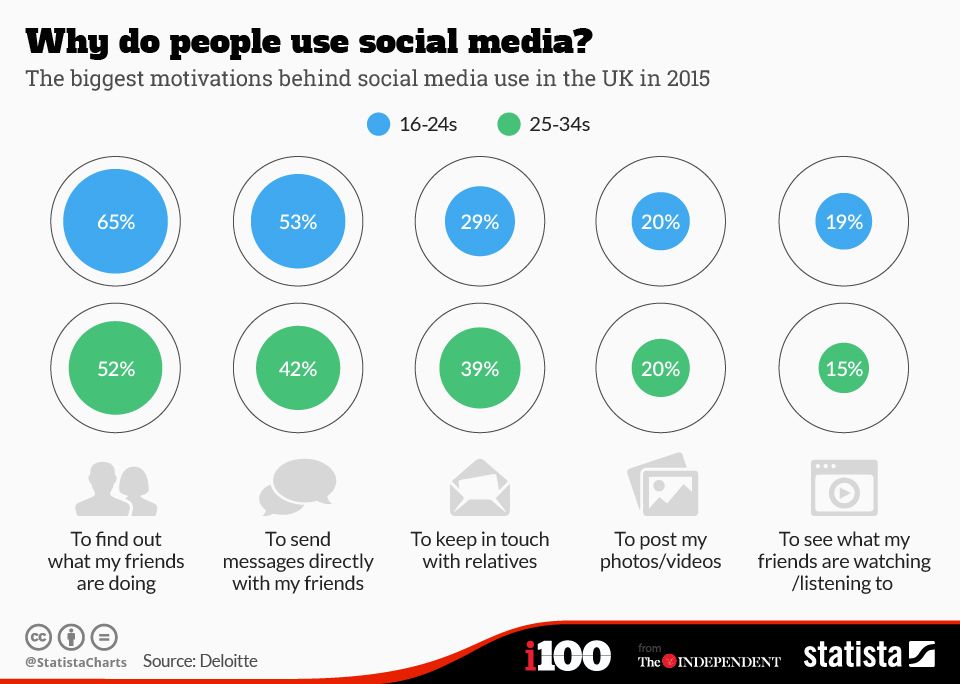
What is a lie
Not every untruth can be considered a lie. When an actor impersonates another person on stage, he is essentially lying. But people around are ready for this and therefore do not condemn him. This is true for poker players as well. Nobody expects them to show their cards honestly. The situation requires everyone to lie and try to figure each other out.
It is impossible to consider a lie and misleading out of ignorance. For example, a financial adviser made a mistake in forecasts and advised to buy the wrong shares. If it happened unintentionally, he wasn't cheating. It is not a lie and the pathological lies of a person with mental illness. He can believe in his own fantasies and not realize that he is telling a lie.
So what is a lie then? According to the American psychologist, a specialist in lies and the prototype of the protagonist of the series Lie to Me, Paul Ekman, a lie is “an act by which one person misleads another, doing it intentionally, without prior notification of his goals and without clearly expressed by victims of a request not to reveal the truth.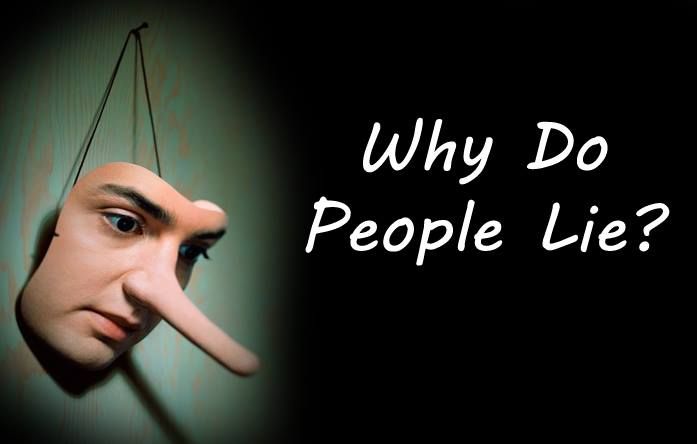 "
"
Interestingly, according to Ekman's definition, silence can also be considered a lie, which many allow and do not condemn. Indeed, if a person did not tell, for example, about betrayal, he deliberately misled his partner. For many reasons, it is easier to remain silent than to tell stories. No need to think through lies, convincingly tell and remember details so as not to get caught later.
Why lying is normal
According to psychologist Lyudmila Petranovskaya, children learn to lie at the age of about three to five years. This skill is a normal stage of development, which indicates that everything is in order with the child. After all, it is quite difficult to lie plausibly. To do this, you need to learn to look at the situation through the eyes of another person.
The first attempts at lying are usually not malicious lies, but harmless fantasies. The child suddenly realizes that you can tell not only about what really happened, but also about what you really want.
The child suddenly realizes that you can tell not only about what really happened, but also about what you really want.
The task of the parent at this stage is to show that he can easily distinguish between the child's dreams and reality. Hands will not become clean if you lie that you have already washed them. The child gradually learns to assess risks. Gets acquainted with the reverse side of a lie - awkwardness because it is revealed. And this is good ground that will teach you how to make a moral choice in the future.
Why People Tell Lies
Paul Ekman, in his book Why Children Lie, highlights several common motives for lying that are relevant to both children and adults.
Desire to avoid punishment
For example, a child hides a bad grade from his parents so that he will not be scolded. And the adult comes up with another excuse for his lateness for the boss. Usually the reason for such lies is fear. Lyudmila Petranovskaya says that if trusting relationships are established between people, there is no need to lie.
And the adult comes up with another excuse for his lateness for the boss. Usually the reason for such lies is fear. Lyudmila Petranovskaya says that if trusting relationships are established between people, there is no need to lie.
Fear of humiliation
When, for example, a person underestimates or exaggerates the number of partners he had, this is also a lie. Some are afraid that they will be considered too loving, others are afraid of being considered inexperienced. This is, of course, the influence of stereotypes. And yet it can cause a feeling of shame that makes us lie.
Desire to benefit
Candidate is willing to lie about his experience on his resume in order to get the desired position. The mother of the child tells the conductor the wrong age so as not to pay for his fare. Both are lies for profit.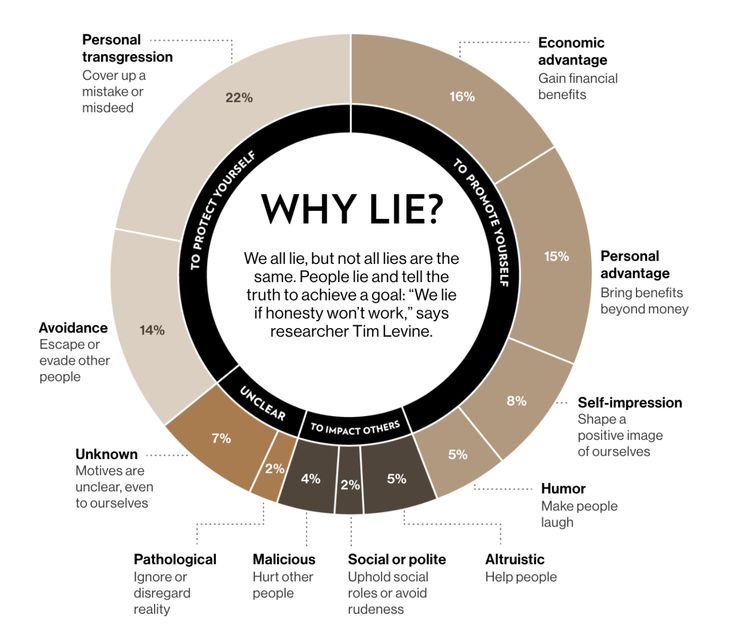
Protection
At work, one of the employees made a mistake that led to unpleasant results. The rest know who is to blame, but they are in no hurry to tell the boss so as not to set up a colleague.
Seeking interest
Simply put, boasting. The desire to look more interesting and significant than it actually is. It is for this purpose that people tell stories, exaggerate their achievements and embellish stories from their own lives.
Lie out of politeness
For example, praising a dish that is not very tasty at a party is also a lie, albeit a socially approved one. Her goal is to avoid an awkward situation and protect the feelings of the other person.
Are there really honest people
According to a statistical survey conducted in the UK, a person lies 1,092 times a year, that is, about three times a day. However, people usually do not expect honesty from others either. In Russia, 21% of people believe that people lie more often than they tell the truth. And 36% think that others lie half the time.
However, people usually do not expect honesty from others either. In Russia, 21% of people believe that people lie more often than they tell the truth. And 36% think that others lie half the time.
Science journalist Irina Yakutenko says that there are two opposite behaviors. The first is rational. A person always lies when the lie is more profitable than the truth. At the same time, it is important that the probability of exposure is small, and the potential punishment is not serious. The second option is moral behavior. A person almost never cheats, because the approval of society is more important for him than the lost profit.
Most people fall somewhere in between. Irina Yakutenko calls them "not entirely honest." They lie, but not so much that they consider themselves dishonest. That is, on the one hand, they benefit from lies, and on the other hand, they retain a pleasant self-perception of a “good” person.